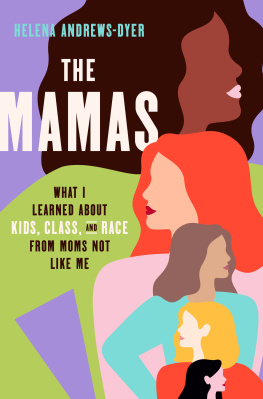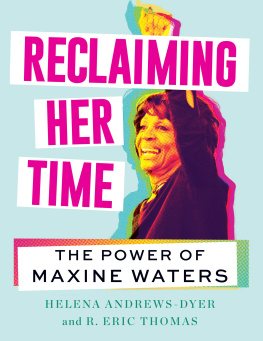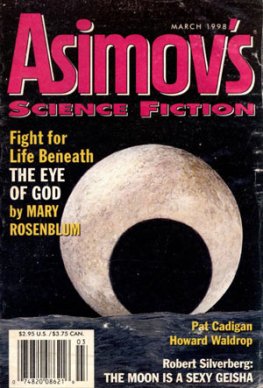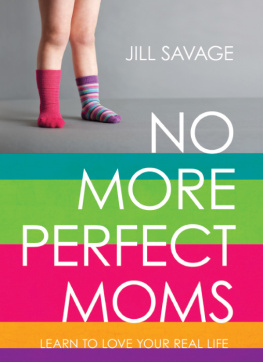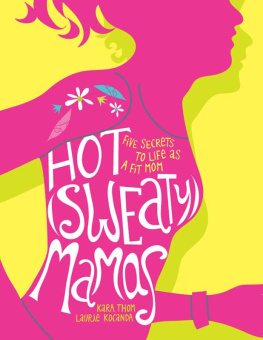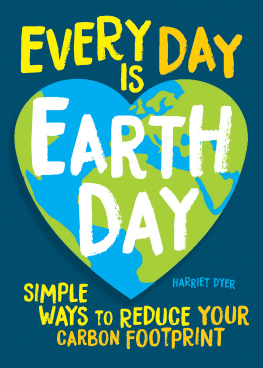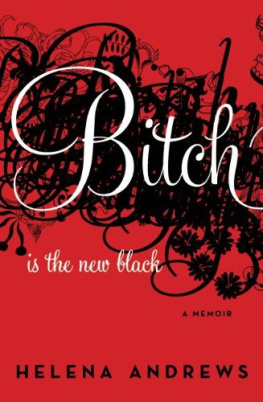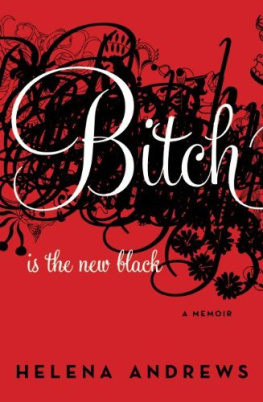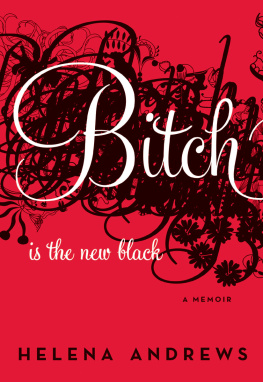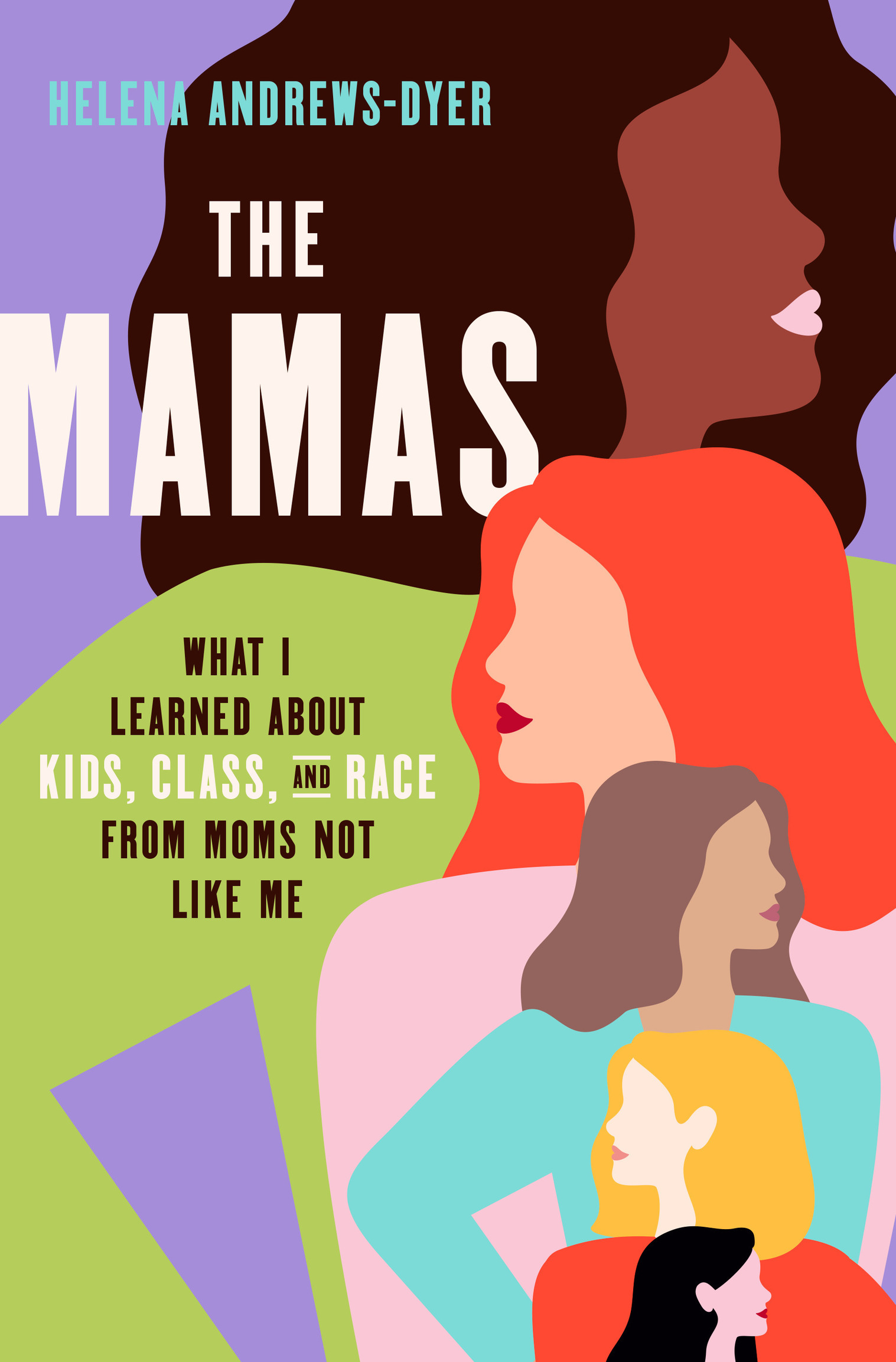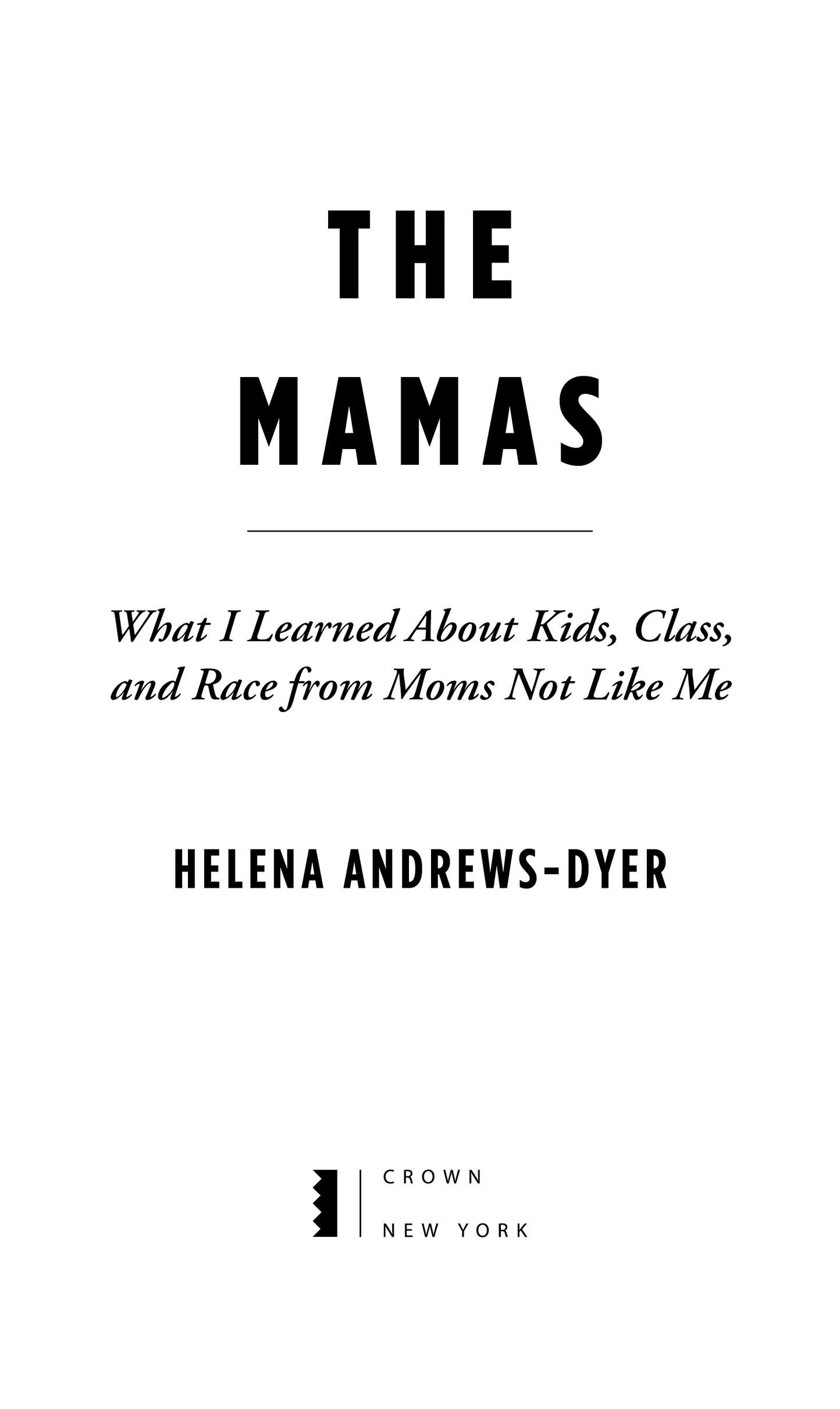Helena Andrews-Dyer - The Mamas: What I Learned about Kids, Class, and Race from Moms Not Like Me
Here you can read online Helena Andrews-Dyer - The Mamas: What I Learned about Kids, Class, and Race from Moms Not Like Me full text of the book (entire story) in english for free. Download pdf and epub, get meaning, cover and reviews about this ebook. year: 2022, publisher: Crown, genre: Detective and thriller. Description of the work, (preface) as well as reviews are available. Best literature library LitArk.com created for fans of good reading and offers a wide selection of genres:
Romance novel
Science fiction
Adventure
Detective
Science
History
Home and family
Prose
Art
Politics
Computer
Non-fiction
Religion
Business
Children
Humor
Choose a favorite category and find really read worthwhile books. Enjoy immersion in the world of imagination, feel the emotions of the characters or learn something new for yourself, make an fascinating discovery.
- Book:The Mamas: What I Learned about Kids, Class, and Race from Moms Not Like Me
- Author:
- Publisher:Crown
- Genre:
- Year:2022
- Rating:5 / 5
- Favourites:Add to favourites
- Your mark:
The Mamas: What I Learned about Kids, Class, and Race from Moms Not Like Me: summary, description and annotation
We offer to read an annotation, description, summary or preface (depends on what the author of the book "The Mamas: What I Learned about Kids, Class, and Race from Moms Not Like Me" wrote himself). If you haven't found the necessary information about the book — write in the comments, we will try to find it.
Utterly addictive . . . Through her sharp wit and dynamic anecdotal storytelling, Helena Andrews-Dyer shines a light on the cultural differences that separate Black and white mothers.Tia Williams, New York Times bestselling author of Seven Days in June
Helena Andrews-Dyer lives in a hot Washington, D.C., neighborhood, which means picturesque row houses and plenty of gentrification. After having her first child, she joined the local mom groupthe Mamasand quickly realized that being one of the only Black mothers in the mix was a mixed bag. The racial, cultural, and socioeconomic differences were made clear almost immediately. But spending time in what she calls the Polly Pocket world of postracial parenting was a welcome reprieve. Then George Floyd happened. A man was murdered, a man who called out for his mama. And suddenly, the Mamas hit different. Though they were alike in some waysthey want their kids to be safe; they think their husbands are lazy; they work too much and feel guilty about itAndrews-Dyer realized she had an entirely different set of problems that her neighborhood mom friends could never truly understand.
In The Mamas, Andrews-Dyer chronicles the particular challenges she faces in a group where systemic racism can be solved with an Excel spreadsheet and where she, a Black, professional, Ivy Leagueeducated mom, is overcompensating with every move. Andrews-Dyer grapples with her own inner tensions, like Why do I never leave the house with the baby and without my wedding ring? and Why did every name we considered for our kids have to pass the rsum test? Throw in a global pandemic and a nationwide movement for social justice, and Andrews-Dyer ultimately tries to find out if moms from different backgrounds can truly understand one another.
With sharp wit and refreshing honesty, The Mamas explores the contradictions and community of motherhoodwhite and Black and everythingagainst the backdrop of the rapidly changing world.
Helena Andrews-Dyer: author's other books
Who wrote The Mamas: What I Learned about Kids, Class, and Race from Moms Not Like Me? Find out the surname, the name of the author of the book and a list of all author's works by series.

